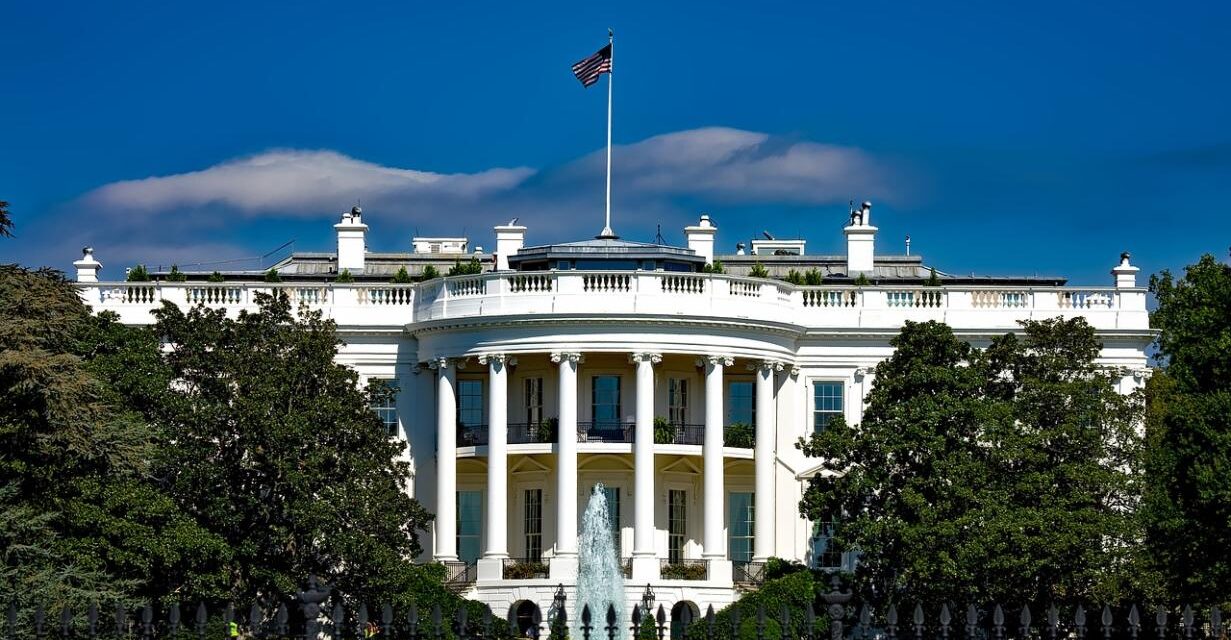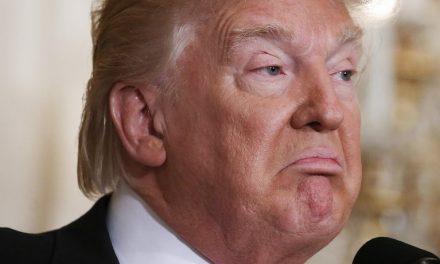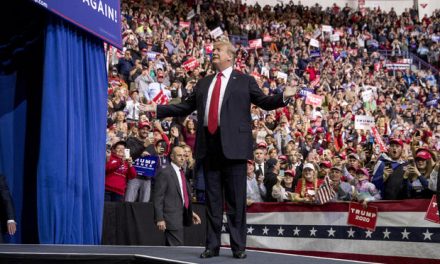A day later, I’m still confused about the Republicans’ plans for enacting tax reform. One thing that is clearer than yesterday is that Senate Majority Leader Mitch McConnell intends follow the original roadmap and utilize the budget reconciliation process. This is part of an overall trend of the Senate defying the White House which has spawned several articles in response.
I thought White House legislative director Marc Short and Treasury Secretary Steve Mnuchin were clear that they wanted McConnell to give up on the reconciliation process. Even most of the congressional Republicans have concluded that they cannot govern alone with no help from the Democrats. And, with the president still demanding that the Senate complete their work on health care before moving on, McConnell’s plan would both defy that instruction and make it impossible to satisfy.
The reason is underreported but fairly simple. To pass tax reform with reconciliation rules, McConnell needs a new budget to pass with reconciliation instructions. Once a new budget passes, the old one that contains the reconciliation instructions for health care will be superseded and useless. McConnell is signaling (without saying) that the health care effort is well and truly dead.
He’s also defying common sense, because the Republicans want tax reform enacted before Halloween so that it can have some impact before the midterms, but McConnell’s strategy will require the GOP to pass budget bills in both the House and Senate, reconcile those bills together, pass that reconciled bill with the reconciliation instructions, and then pass a big tax reform bill that utilizes those instructions. He needs to get all that done while simultaneously navigating the debt ceiling and pushing through several other must-pass bills, including one (or several) that will prevent a government shutdown. Yet, between now and the end of the fiscal year, the Senate will only be in session for twelve days. McConnell is also sending mixed messages. He has suggested that, unlike with the health overhaul effort, there will be hearings on tax reform. But there’s certainly no time for hearings if they want to pass something on the preferred schedule. Is he abandoning the schedule, too?
This has caused confusion in the reporting, as you can see below:
Sen. Orrin G. Hatch (R-Utah), who leads the Senate’s tax-writing panel, said on the Senate floor Tuesday that he would pursue a more deliberative process than Congress used during the health-care discussions, holding public hearings and working closely with Democrats.
Less than an hour later, McConnell poured cold water on that idea, saying that it was unlikely many Democrats would seek to work with Republicans and that they planned to forge ahead on their own if necessary.
He noted that 45 Democrats and independents sent him a letter Tuesday indicating they would not support a tax overhaul plan that widened the deficit, something Republicans have suggested might need to be part of their package. This, McConnell said, would force them to pass a tax bill along party lines using a process known as reconciliation, which first requires them to pass a budget resolution — something they also have not done yet.
“We have been informed by the majority of the Democrats in a letter I just received today that most of the principles that would get the country going again, they’re not interested in addressing,” McConnell said.
Everything is jumbled here. It’s pretty hard to add to the deficit using reconciliation rules, and it’s supposed to be impossible past a ten-year window. That’s why Bush’s tax cuts expired. Is McConnell conceding that the tax reforms will sunset?
The one thing that is fairly clear here is that McConnell is not willing to concede the need to compromise with the Democrats and is seemingly unwilling to enter into any process that would give the Senate Democrats an effective veto over the final product. That’s remarkable not because it’s out of character for McConnell but because even the Trump administration (if not necessarily the president himself) has already concluded that tax reform will need to be bipartisan and passed under regular order (with the prospect of a filibuster).
McConnell is acting in a more partisan manner that the administration and in defiance of their wishes. He’s asking the administration to trust him one more time to deliver with only Republican votes, and to believe him when he says that he can deliver on schedule. But the schedule is impossible.
Of course, the Democrats pounced on McConnell for using their letter as justification for going it alone. They wanted to know if McConnell was offended that the Democrats don’t intend to widen the deficit or just that they won’t agree to a giant tax cut for the rich. But that’s the politics of the question. What I don’t get are the nuts and bolts. How is this supposed to work?
I think it’s fairly safe to say right now that there will no tax reform enacted this year. It would be doubtful under any scenario, but McConnell’s path requires that too much be done in too few legislative days.







